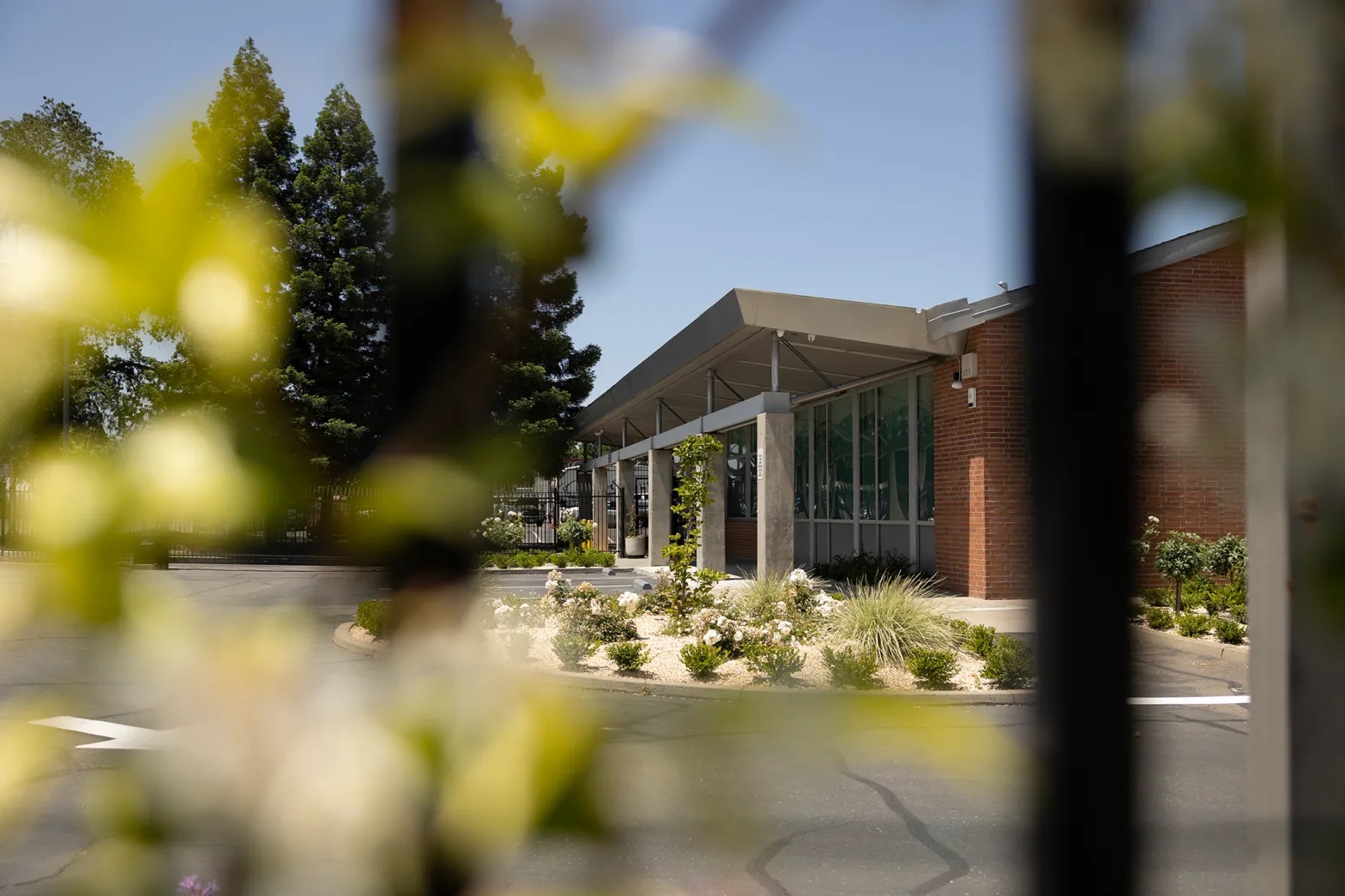Why ‘Crisis Pregnancy Centers’ Will Be California’s Next Abortion Battleground

[ad_1]
The center worker promised to help over the phone and never indicated that it did not perform abortions, she said. Gabriel didn’t realize it was a religious organization until halfway through the 45-minute appointment, she said. The staff member gave her “random scary statistics like 80% of couples who go through abortion together break up” and told stories of people who regretted the decision — and waited until the end of the appointment to tell her the center did not do abortions.
Gabriel was so uncomfortable with her experience that she left a review on Yelp warning other women to be cautious.
“I was definitely stressed and embarrassed. The rational part of my brain told me this was part of their fear tactic, but at the same time he and I were only like 22 or something still trying to figure our lives out,” Gabriel said. “Naturally part of me was wondering if they were right about everything.”
The center “was kind of our last resort … and them not being able to help us in the way we needed, and on top of that being talked into something I know I didn’t want, was a lot of emotional pressure,” Gabriel said.
Reproductive health deserts
Increasingly, “crisis pregnancy centers” across the country are seeking to be licensed by state health departments. Approximately half of the centers in California are medically licensed facilities, according to the California Alliance of Pregnancy Care. Proponents say it helps fill a community need, while opponents say it gives women in reproductive health deserts even fewer choices.
“We have a looming primary care provider shortage in California,” Cohen said. “It’s apt to note that they’re filling a gap because we do need more reproductive health care providers, particularly in rural areas, low income areas, (and for) people of color.”

The breadth of medical services offered at centers opposed to abortion varies widely, with most performing only pregnancy testing and ultrasounds. The state does not set a minimum service requirement for licensing.
Only 10% of the California centers provide prenatal care and none offer contraceptives (PDF), according to a 2022 report by The Alliance, a national coalition of organizations supporting abortion rights. Last year, State Attorney General Rob Bonta issued a consumer alert warning that the centers do not offer comprehensive reproductive health care (PDF).
There are at least 176 “crisis pregnancy centers” in California, according to a CalMatters analysis. That compares to 166 abortion clinics, according to state data. At face value, the difference of 10 seems negligible, but pregnancy centers are more likely to be located in areas where there are primary care shortages. Abortion clinics, on the other hand, tend to be located in urban areas where primary care shortages are less likely. Clinics like Planned Parenthood also offer services like cervical cancer screenings, HIV treatment, gynecological care and annual exams.
In rural areas of the state where primary care is insufficient, people have a 25% chance of living near a “crisis pregnancy center” compared to a less than 5% chance of living near an abortion clinic, according to a CalMatters analysis.
More than 13.1 million state residents — roughly one third-of the state’s population — live in a primary care shortage area, according to the federal Health Resources and Services Administration.
Matzke, with Alternatives Pregnancy Center in Sacramento, takes particular issue with the claim that she runs a fake medical clinic.
“From the moment they walk in the door, I want them met with medical professionals,” Matzke said. “The moment they leave, I want them being walked out by medical professionals. And that’s who we are.”
Alternatives is licensed as a free clinic by the California Department of Public Health. The staff includes three doctors, five nurses, a nurse practitioner, a phlebotomist to draw blood and several medical assistants, Matzke said. In addition to pregnancy tests and ultrasounds, Alternatives offers sexually transmitted disease tests, gynecological care and prenatal care up to 25 weeks. The clinic does not conduct or refer for abortion: It says so on the front door.
[ad_2]
Source link
